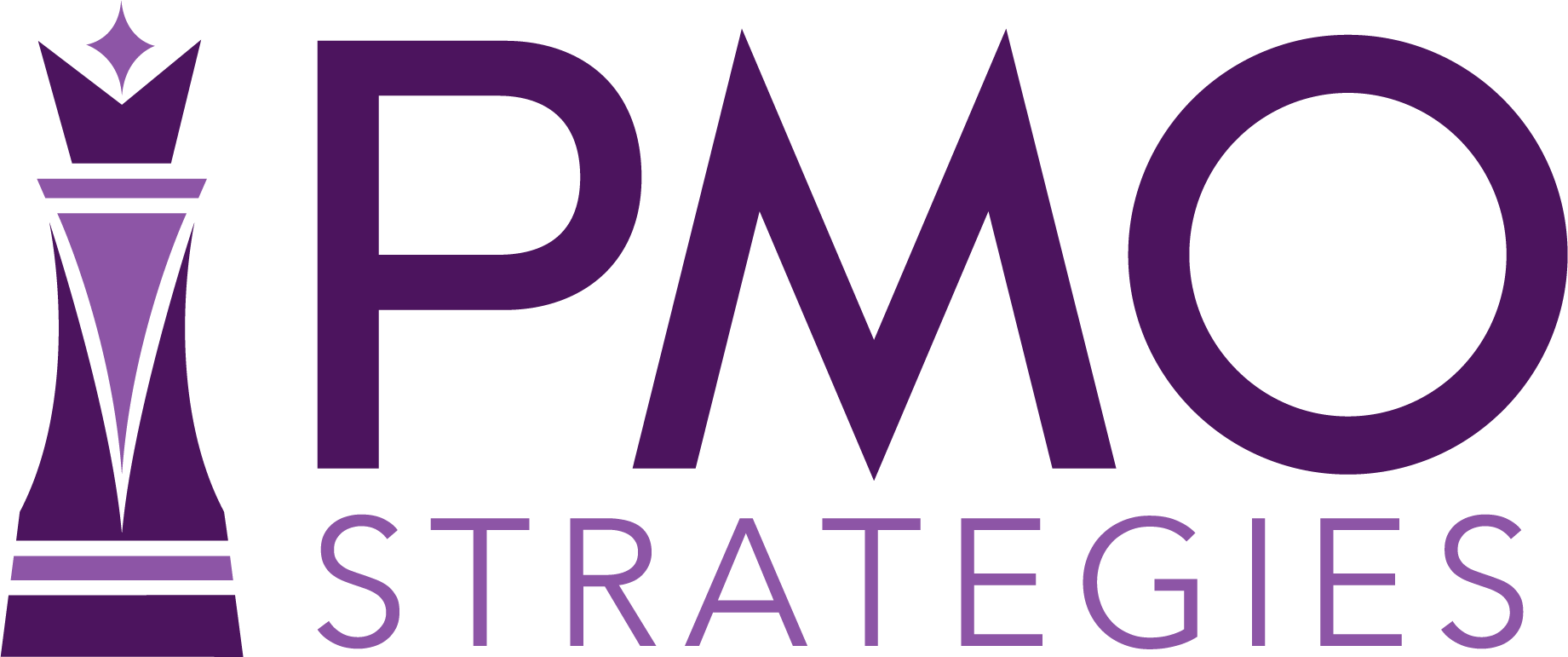The world of PMO can be confusing – there are so many possible responses when one reaches out for the magical answer that will solve all the organisational challenges, that for those entering into the industry it can be very overwhelming.
This is especially interesting because although there is inherent confusion, there is (actually) not that much out there in terms of developing in the PMO space which should make the search area much smaller and therefore easier. In fact, there are a relatively small number of recognised routes although they are not all called ‘PMO’:
- Association for Project Management
- Project Management Institute
- Wellingtone
- PMO Global Alliance
- AIPMO
- Axelos
- British Computer Society
Sitting alongside these are various more localised offerings through companies such as Laura Barnards’ IMPACT, Finland’s’ Projekti-Instituutti, Federico Vargas’s GE360, and Fix My Project Chaos headed up by Elise Stevens. If any have been missed do get in touch, nothing was not omitted on purpose!
The entities detailed above offer a combination of ‘services’ that provide different benefits to individuals and organisations. Accreditations, Certifications and Qualifications are one of the facets, but it doesn’t stop there.
As far as skills and competencies go, there are some PMO roles in the traditional Competence Frameworks but (unfortunately) the frameworks themselves are largely delivery focused, so this brought to mind the importance of skills versus competencies.
At Wellingtone we believe that a PMO person is made up of more than their delivery skills. That actually it is critical in the work economy of today to focus on the whole of the individual to ensure that they are nourished and have a focus on their ‘total wellness’; that is, they have a view on their personal as well as their professional development.
Skill is defined as the ability to do something well; expertise, whereas competence is the ability to do something successfully. Like PMOs, these definitions though on the surface appear the same, are subtly different. Source: Oxford English Dictionary
As language evolves, so does the normalisation of the use of key words. Skill tends to be utilised for the technical elements of a role; in the world of PMO might consider reporting, lifecycle management, and risk management among others. Skill is typically used in the context of “difficult work, taking great skill” whereas competence tends to naturally get related towards the individual “courses to improve the competence of staff”.
Understanding this difference in definitions and use of language allows us to look at PMO roles in a new light.
Traditionally we tend to review if a member of the PMO team is ‘good at…(insert key skill)’. And yet we know that people deliver projects so maybe we should be focusing more on the whole of the person through competencies that are both technical and complementary to create true authentic leaders of our future PMOs.
My session for the PMO Impact Summit will provide critical considerations to develop a new or existing PMO focusing on two critical elements; strategies for success and the people that deliver them.
Thanks for taking the time to read this article.
Click here to receive these blog posts right to your inbox.
Fill out our one-minute survey if you have topics you would like read more about.
I welcome your feedback and insights. Please leave a comment below.
See you online!
Warmly,







